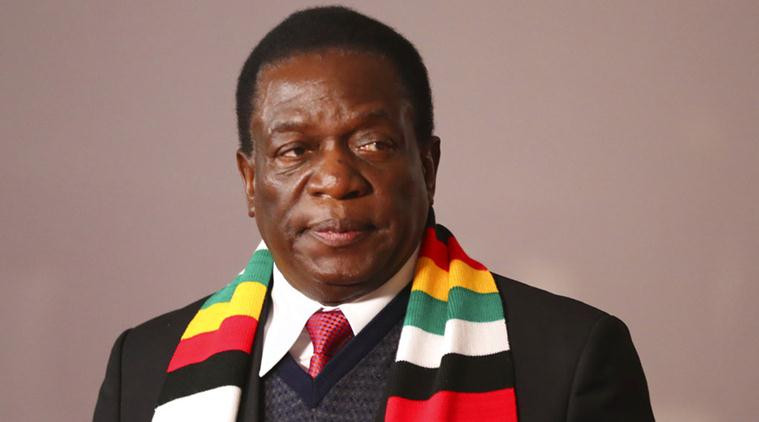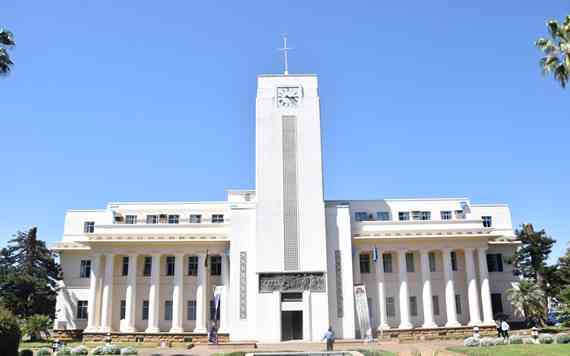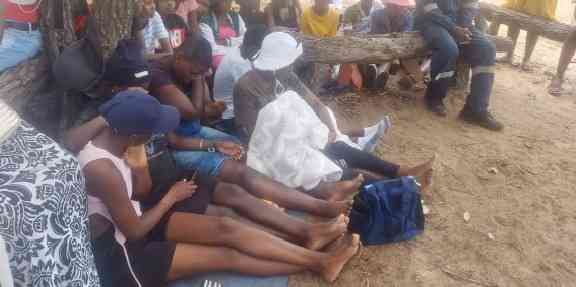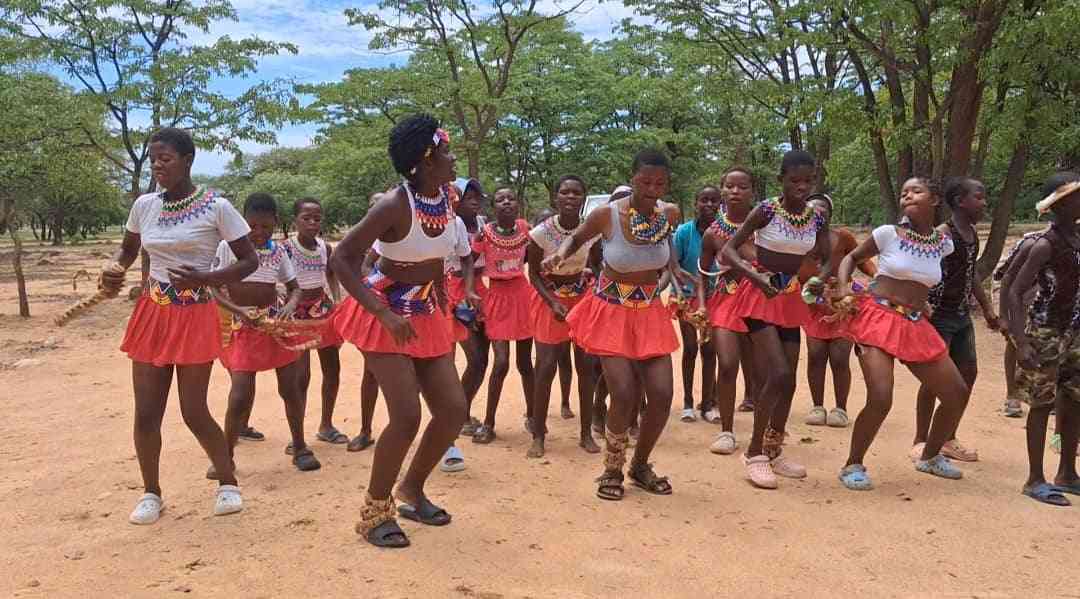
The government has once again stopped a public meeting organised by a coalition of political parties and civil society groups to discuss the Gukurahundi killings in Matabeleland and the Midlands in the 1980s.
This is the second such meeting to be halted within a month.
The gathering, scheduled for October 5 at Stanley Square, was prohibited by Bulawayo West District police command, it was established.
In a letter addressed to the organisers, one chief superintendent K Nyaumwe accused the coalition of disregarding the Maintenance of Peace and Order Act (Mopa).
“I have noted with dismay that following a meeting I held with Samukele Hadebe on August 30, and my subsequent reply, you disregarded [the law] and submitted a notice which does not meet its provisions,” Nyaumwe stated.
However, coalition members strongly refuted the claim.
Cosmas Ncube of the Progressive Alliance Unions (PAMU) argued that the government is using the law to conceal its past actions.
“When we look at Mopa, there is nothing that authorises them to stop us from holding meetings,” Ncube said.
- Zimbabwe's top schools vie for glory in Old Mutual High School Quiz
- Gukurahundi: Police gag political parties
- A place of miracles: Why Zimbabwe's lowveld is a beacon of conscious safari
Keep Reading
“We complied with the law by notifying the police in writing and on time.
“The government is so desperate to conceal their own criminal behaviour.”
Ncube accused the state of denying victims a platform while pushing a parallel, state-sanctioned process led by traditional leaders.
“It is them who are not complying with the law,” he said.
“They are ignoring their duties of defending land, culture, heritage, and human rights. State institutions must not be used to silence us for demanding justice and accountability.”
He criticised the government-led hearings, questioning their legal basis and timing.
“Why are they rushing the process now after the chiefs have been quiet all these years?
“There is no Act of Parliament that authories this collaboration with chiefs,” Ncube added.
The development came after Gukurahundi community hearings have commenced in parts of Matabeleland under a cloud of secrecy.
The hearings, led by traditional leaders and a 14-member panel, have been described by some victims and critics as incomplete and one-sided, as the perpetrators of the violence are not being held to account.
The Gukurahundi conflict refers to a period in the 1980s where, according to the Catholic Commission for Justice and Peace in Zimbabwe, over 20,000 people were killed by the North Korea-trained Fifth Brigade, which was deployed by the late former president Robert Mugabe to suppress alleged dissidents.
When he came into power after the coup that toppled Mugabe in 2017, President Emmerson Mnangagwa said he would allow open debate about the massacres, but his government still consistently bans meetings to discuss Gukurahundi.
Mnangagwa was a key player during the period the mass killings were targeting Zapu supporters.









